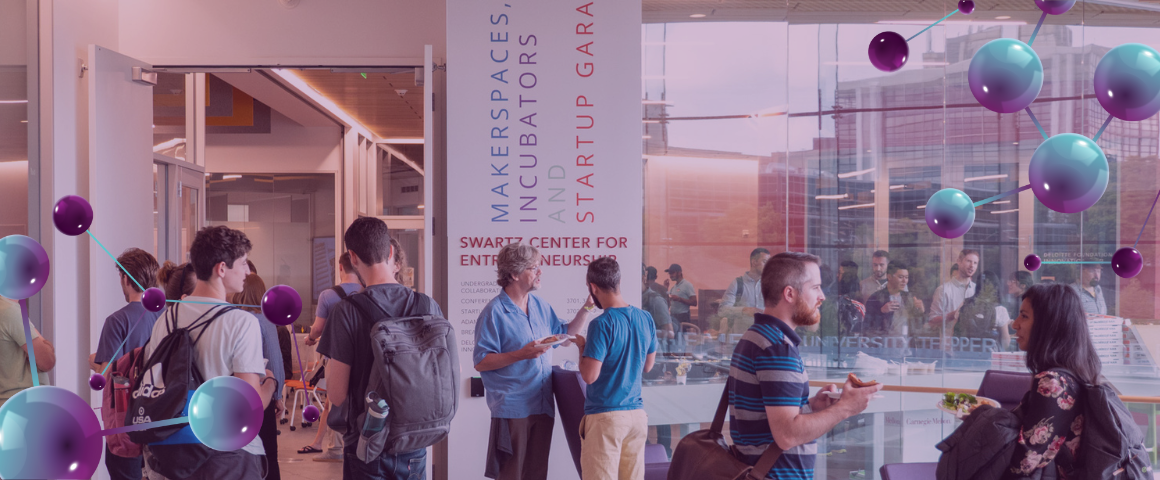Unintentional Bias in ChatGPT: Implications for Contract Drafting
The language we use in contracts is carefully chosen to ensure that the terms are precise, unambiguous, and clear to all parties involved. With the advent of generative AI, tools like ChatGPT have become increasingly popular for assisting with tasks like contract drafting and contract review.
Awareness of the potential unintentional bias in these AI-powered tools is important. We can work towards a more equitable drafting process by gaining a deeper understanding of unintentional bias in AI and taking steps to address it.
Understanding unintentional bias
Unintentional bias refers to unconscious decisions that lead to unfair treatment of certain people or groups. This can happen when negotiators or decision-makers have preconceived notions or assumptions about certain groups, or when the contracting process itself is structured in a way that favors certain types of contractors over others.
When it comes to using AI-based tools, these biases can present themselves in the data used to train the algorithms or even in how the solution was conceived. When these biases are present and incorporated, any outputs provided by the solution will perpetuate and even exacerbate the present bias.
Mitigate risk when drafting contracts with ChatGPT
Understand the limitations that exist
While the creators of ChatGPT have taken steps to minimize bias in the training data and the model itself, it is impossible to eliminate all potential sources of bias.
It’s important to keep in mind that ChatGPT’s data set is based on information available in 2021 — a lot has happened between then and now.
ChatGPT is not a lawyer nor is it a contract expert! Although ChatGPT aced the bar exam, it’s not completely free from errors. It is merely a tool that can generate output based on the input provided. ChatGPT may not pick up on the entire context of the contractual matter or certain ambiguities that may be present. If you’re using GPT to draft contracts, be careful, deliberate, and master the prompts you provide to ensure quality output.
Review and scrutinize generated output
You will want to ensure that the contractual language is reflective of best practices and appropriate for both the industry and the particular entity to which you are contracting with. For example, you wouldn’t necessarily want to use a contract intended for a small startup for a deal with a much more complex conglomerate business.
Additionally, while ChatGPT is impressive in what it can do, the legal industry is well known, even notoriously so, for its use of specific terms and terms of art that ChatGPT may not necessarily be aware of or use effectively. Complete a “bias audit” — review the output provided by ChatGPT carefully to ensure that specific legal terms and terms of art are used appropriately and effectively.
Be conscious of ambiguous language
ChatGPT can sometimes generate ambiguous language that is either too generalized, too specific, or somewhere in between for what you need in your contract. This lack of customization can be particularly problematic and lead to a draft that improperly, unfairly, or inadequately protects the interests of one party or another.
One area is within jurisdictional differences. Different jurisdictions may treat certain contractual concepts differently, which is something ChatGPT is unlikely to be aware of and be able to address property. Be sure to carefully review any contractual language provided by ChatGPT and treat any language provided by it as a first draft, at best.
leveraging these tools
Legal professionals must remain vigilant in the use of AI-powered tools like ChatGPT and steps must be taken to minimize the risk of unintentional bias. By doing so, we can ensure that contracts are drafted in a way that is fair, equitable, and inclusive for all parties involved.
Do your best to address unintentional bias by watching out for issues like contracting complexity, jurisdictional issues, and ChatGPT limitations. And, of course, don’t use ChatGPT as your source tool for drafting contracts.
The legal community is absolutely buzzing with the implications of this revolutionary new development in AI and its universe of potential uses in CLM. Whether you’re a seasoned legal ops veteran or just starting out in the field, join Josh Kubicki, Matt Patel, Colin McCarthy, and I for a webinar. We’ll debunk some of the myths around generative AI and you’ll walk away with a deeper understanding of how generative AI is transforming the legal industry.
Register today to learn how your team can work smarter, not harder!






